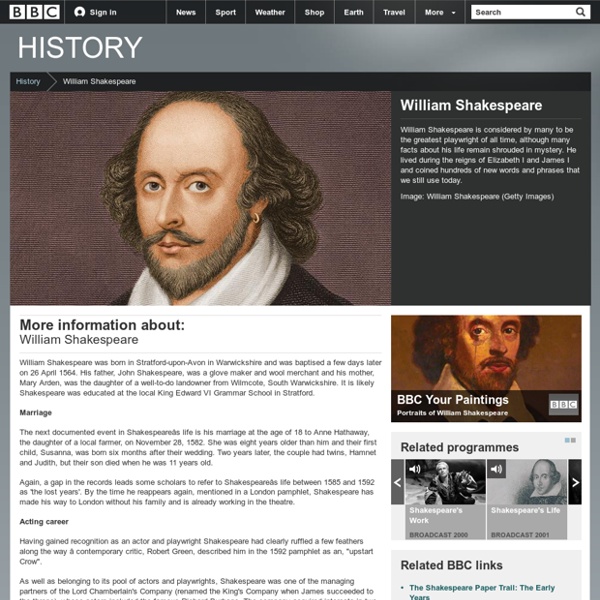



Romeo and Juliet Want more deets? We've also got a complete Online Course about Romeo and Juliet, with three weeks worth of readings and activities to make sure you know your stuff. Before young William Shakespeare wrote his play about two poetry speaking, hormone-driven teenagers who defy their families' long-standing feud and risk everything to be together, love wasn't even considered a suitable subject for a "tragedy." Not anymore. Written at the beginning of Shakespeare's career as a playwright, The Tragedy of Romeo and Juliet (c. 1595) is now considered to be the greatest love story of all time. Shakespeare adapted the storyline from Arthur Brookes' popular Tragicall History of Romeus and Juliet (1562), a long English poem based on a story that dates back to a novella by Masuccio Salernitano called "Mariotto and Giannozza" (1476). Despite its fancy pedigree, Romeo and Juliet is also considered to be one of Shakespeare's most accessible works. But is it really nothing more than a silly blockbuster?
William Shakespeare Intro William Shakespeare scarcely needs an introduction. Born in 1564, he was an English playwright, poet, actor, favorite dramatist of queens and kings, inventor of words, master of drama, and arguably the most famous writer of all time. In his 36 plays and 154 sonnets, he left behind the evidence of a brilliant mind, a wicked sense of humor, a deep sensitivity to human emotions, and a rich classical education. In the 400 or so years since Shakespeare died on his 52nd birthday in 1616, there have been plenty of rumors about the Bard and the personal experiences that may have inspired his works. Shakespeare changed the English language, inventing dozens of new words we still use today.